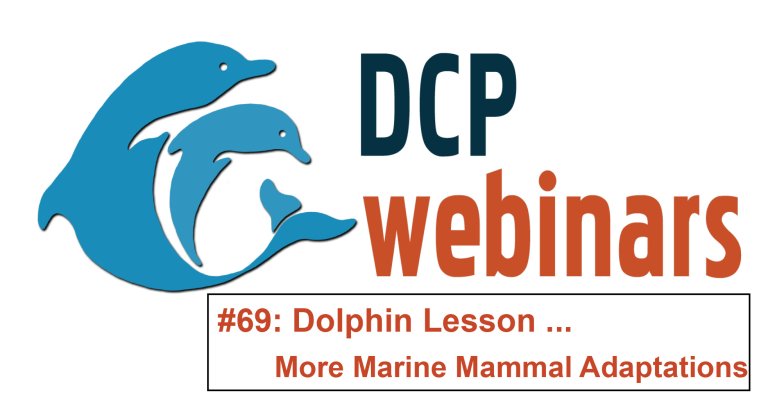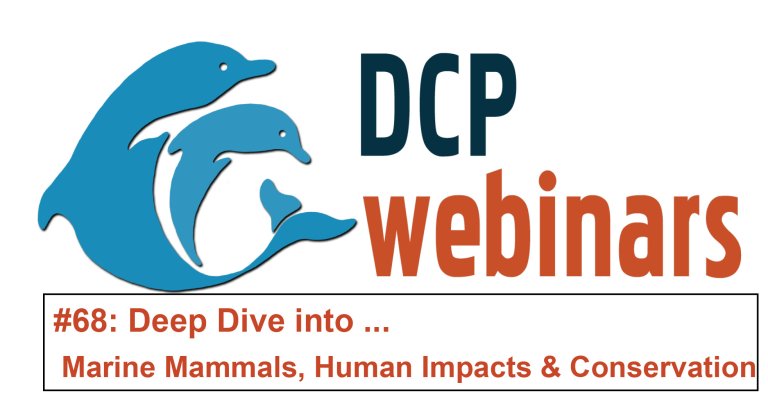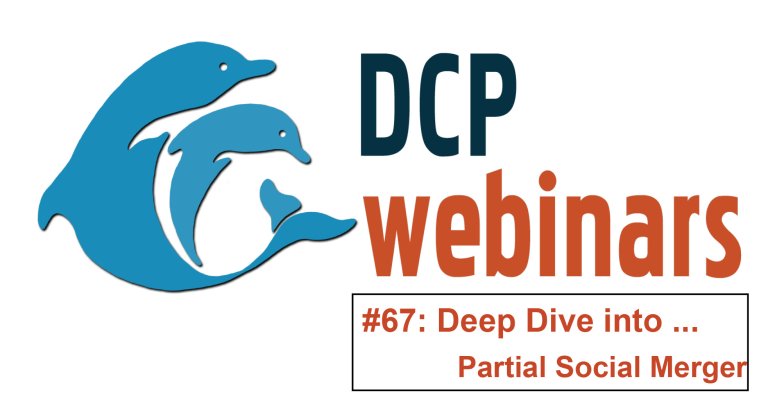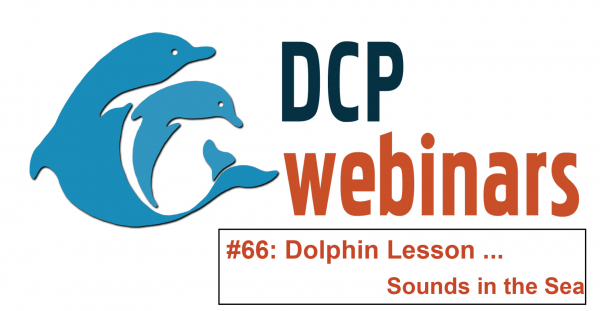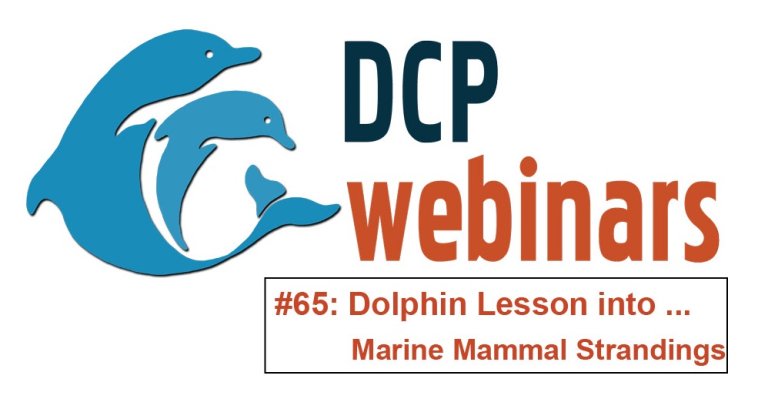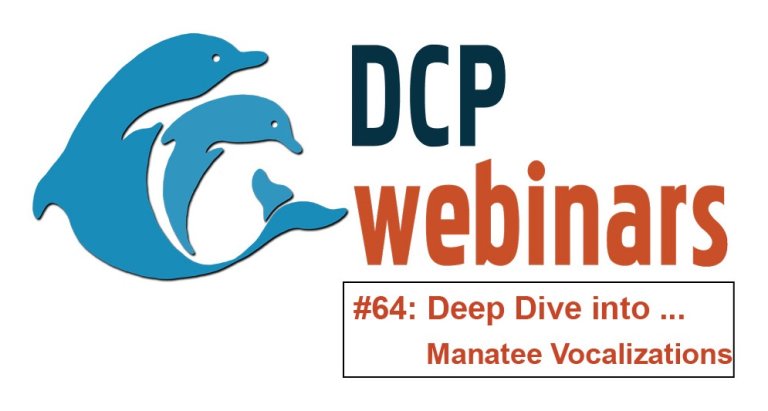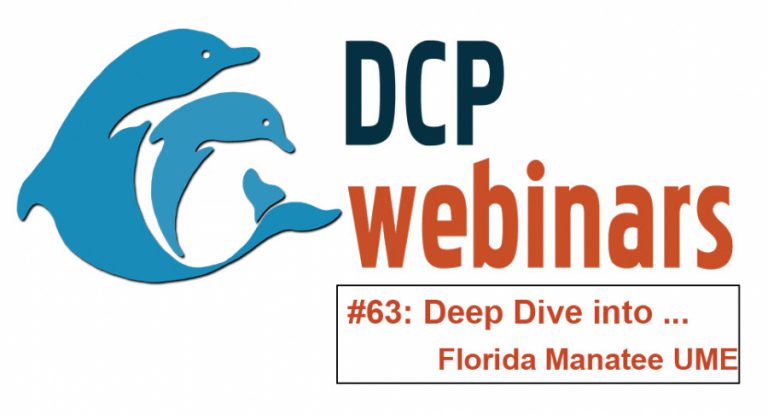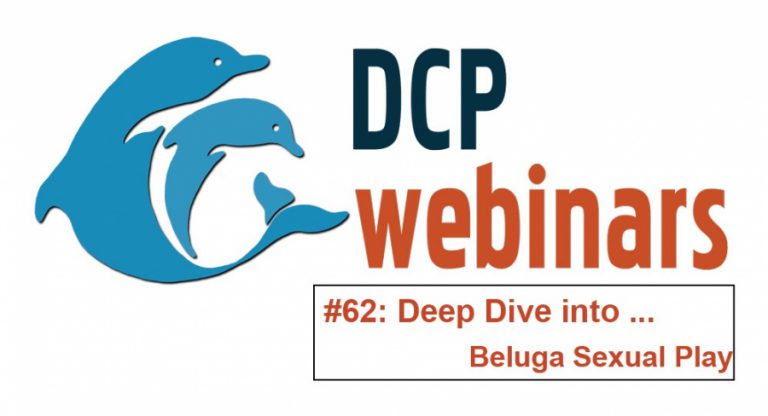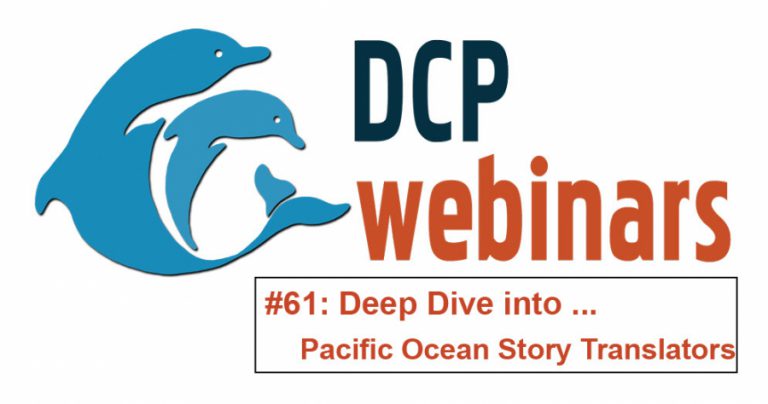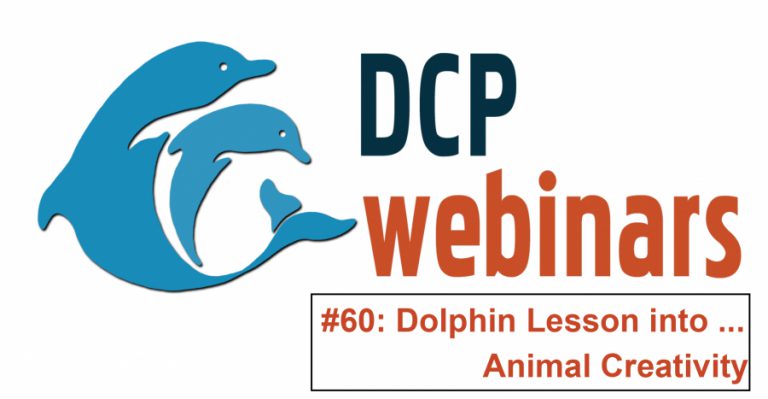Below you’ll find an archive of DCP’s webinars. “DCP Dives Deep into…” programs are geared toward ages 14+ and “DCP Dolphin Lessons” are designed with ages 6 – 13 in mind. But, all are family-friendly, so all ages are encouraged to listen and watch. If you are new to DCP, scroll down and be sure to check out our very first webinar, “Dolphin Communication Project: Who We Are” to get a better sense of who we are and what we do. Interested in more online content? Our podcast, The Dolphin Pod, can be found at this link, Spotify, Apple, or by looking under ‘The Knowledge Hub’ tab.
And, don’t miss our Kids Science Activities!
DCP Dolphin Lesson: More Marine Mammal Adaptations!
This talk, led by Brooke from Lowcountry Marine Mammal Network, covers some of the many amazing adaptations (both physical and behavioral) that marine mammals have that help them be well suited for their environment!
DCP Deep Dive: Marine Mammals, Human Impacts, and Conservation
This webinar was recorded on 28 Sept 2022. Every year there are thousands of reports of sick, injured, and dead marine mammals throughout the United States. In this talk, Brooke from Lowcountry Marine Mammal Network goes over three of the biggest human impacts marine mammals face: human interaction, plastic pollution, and shipping traffic. We will also discuss how conservation works and ways you can get involved!
DCP Deep Dive: Partial Merger of Two Dolphin Societies
DCP Deep Dive: Partial Merger, discusses DCP’s Aug 2022 publication that was featured in Science, Newsweek, and the New York Times. Now is your chance to hear straight from the source. Nicole discusses the interactions between members of two communities of Atlantic spotted dolphins in The Bahamas; asking if members of the same group were physically near each other as well as if they interacted with each other through physical touch. Fascinating stuff!
DCP Dolphin Lesson: Sounds in the Sea, Listening to Learn
When you live underwater, sound is everything! Come learn about how dolphins and other marine animals use sound, hear some of the unique sounds they make and why noise can be a problem, and find out how scientists with the Chicago Zoological Society's Sarasota Dolphin Research Program use sound to study dolphins and their environment.
DCP Dolphin Lesson: I Found a Stranded Animal, Now What?
This Dolphin Lesson walks viewers through a marine animal stranding event, highlighting what they can do to help. Amber Lea Kincaid is a stranding biologist with Mote Marine Laboratory's Stranding Investigations Program. She is focused on how animal behavior can inform conservation efforts and loves educating people about Florida's marine animals.
DCP Deep Dive: What does the Manatee Say?
Did you know manatees produce sounds? This presentation discusses their vocalizations and how they are used from multiple manatee species.
DCP Deep Dive: Understanding the Current Florida Manatee Unusual Mortality Event
*Content warning: As the title indicates, this talk discusses manatee deaths. Language and images may be upsetting to some viewers. As such, this talk is recommended for mature audiences.*
*Correction: The minimum suitable water temperature for manatees is 68°F/20°C.*
Manatees are dying in record numbers off Florida, largely because of a progressive seagrass die-off in the Indian River Lagoon.
DCP Deep Dive: Let’s play – The development of sexual play in belugas
*Content warning: As the title indicates, this talk discusses sexual interactions in non-human animals. The speaker uses vocabulary and shows images related to sexual interactions and reproductive body parts in non-human animals, particularly beluga whales. As such, we recommend this presentation for mature audiences.*
In this Deep Dive, you’ll learn about how sexual play behaviors develop in young belugas.
DCP Deep Dive: Translators of the Pacific Ocean’s Stories
*Content warning: images of dead animals (unknown cause and indigenous hunting), blubber dissection, and the topic of subsistence hunting are shown/discussed during this talk. Examples of trauma and challenges to ocean animals are discussed.*
In this Deep Dive, Dr. Amy C. Hirons discusses the ways in which the largest ocean basin on the planet is a collector of both nature's and man's history. Plants and animals can be used to help interpret what the oceans have recorded through time.
Dr.
DCP Dolphin Lesson: Animal Creativity is Wild!
In this Dolphin Lesson, Dr. Dee opens young students’ (& young at heart!) minds to creativity in animals. Bring your creativity and a cardboard box as we explore creativity and some cool animal examples.
Dolphin Lessons are geared toward ages 6-13, but everyone is welcome.

